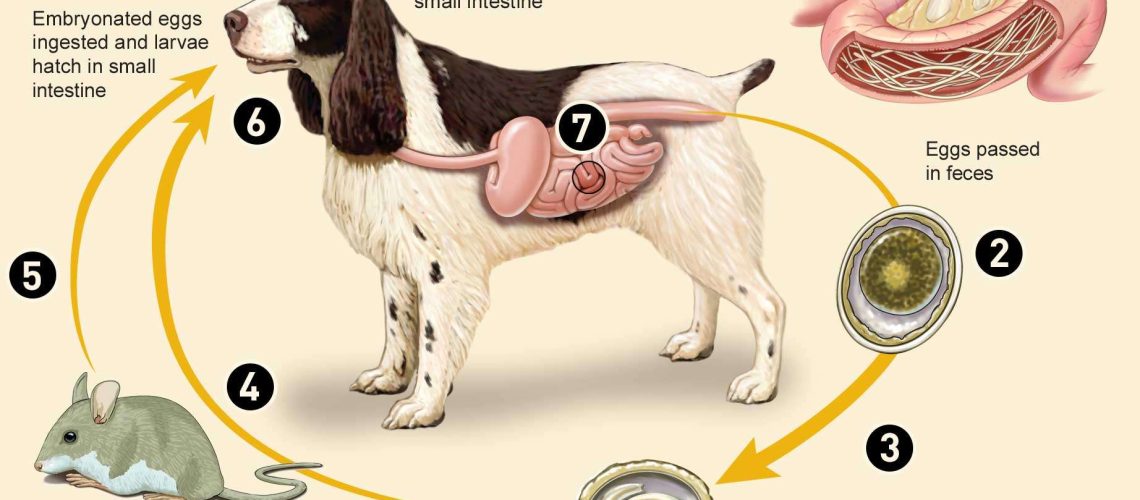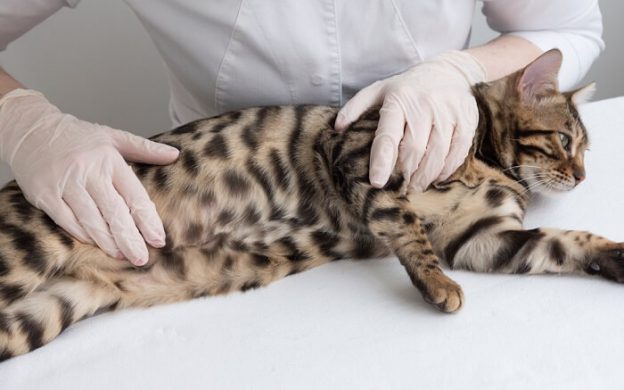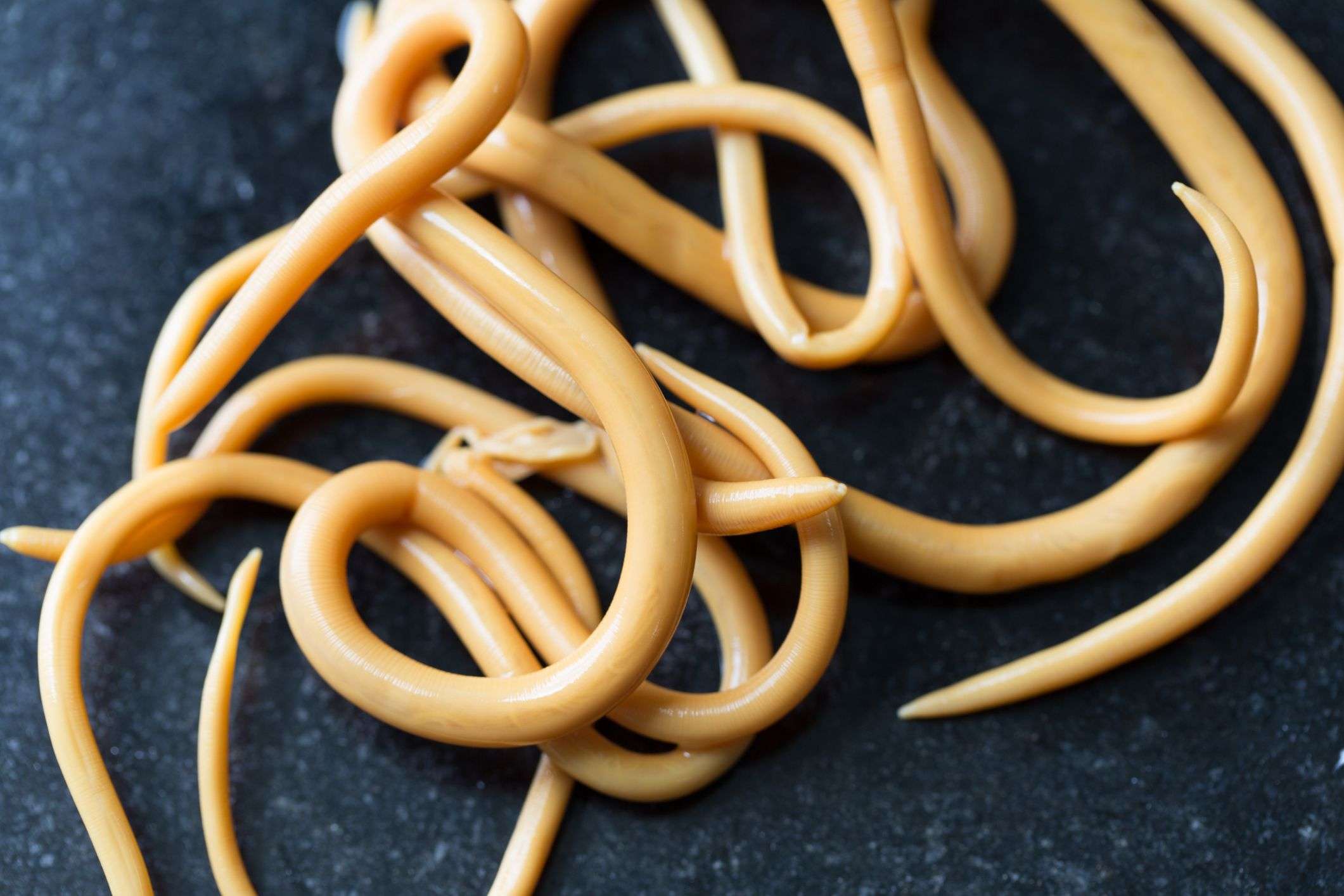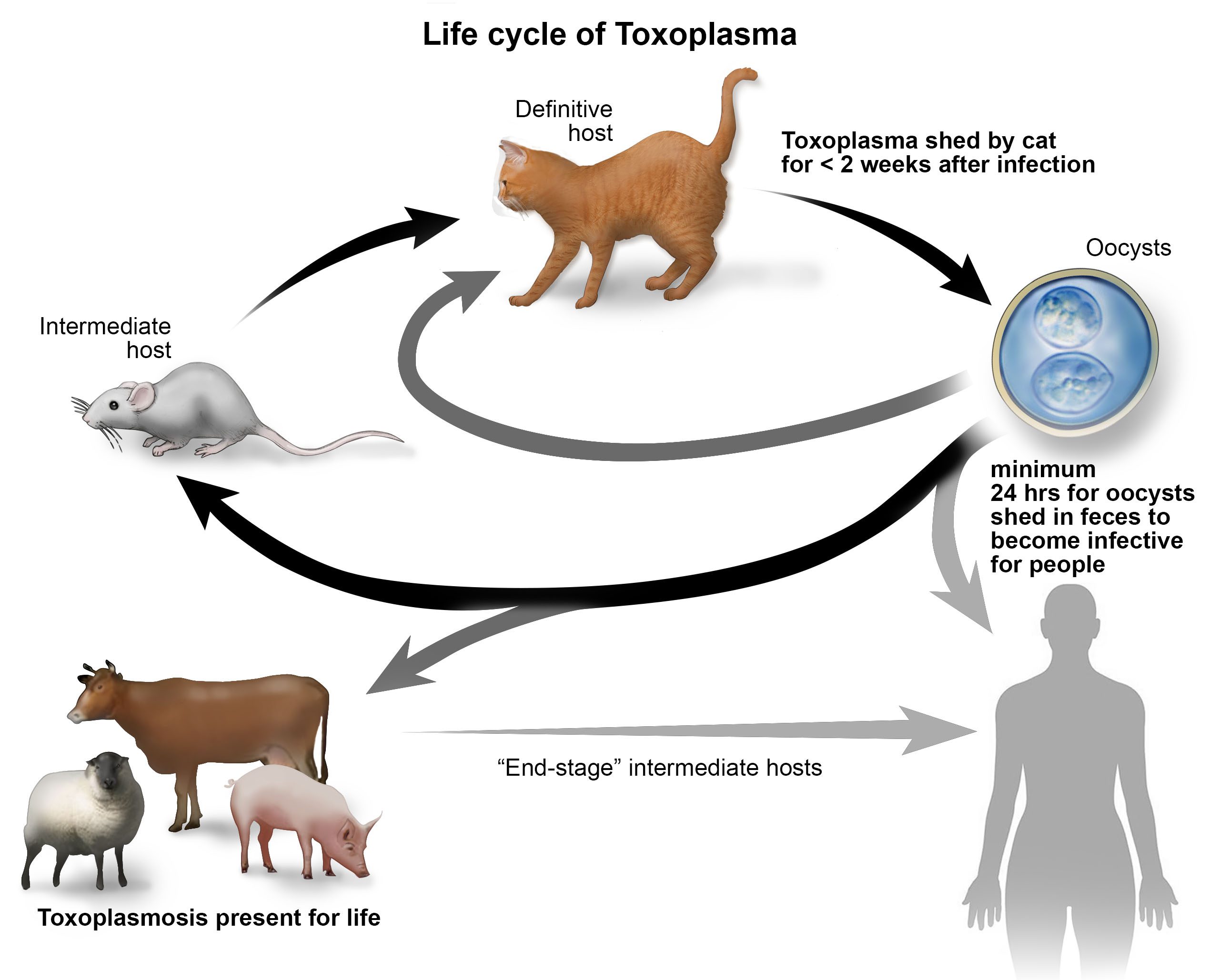Key Takeaways:
- Roundworms are a common parasite found in puppies and dogs.
- They can be transmitted through contact with infected feces or contaminated soil.
- Roundworm infestations can lead to symptoms such as diarrhea, vomiting, and a pot-bellied appearance.
- Puppies are particularly susceptible to roundworm infections and should be dewormed regularly.
- Prevention measures include proper hygiene, regular veterinary check-ups, and monthly preventative medications.
Are you a dog lover? Do you have a furry friend at home who brings joy to your life? If so, then understanding the topic of roundworms in puppies and dogs is essential for their well-being. These pesky parasites can wreak havoc on our beloved pets, causing various health issues. But fear not! By delving into this subject, you will gain valuable knowledge that can help protect your four-legged companion from these tiny terrors. So, let's embark on this journey together and discover the importance of keeping our puppies and dogs safe from roundworms. Get ready to become a champion for your furry friend's health!
What are roundworms and how do they affect puppies and dogs?
Roundworms are a type of parasitic worm that can infect puppies and dogs. They are long, thin worms that live in the intestines of animals. When a puppy or dog becomes infected with roundworms, it can cause various health problems.
The presence of roundworms in the intestines can interfere with the absorption of nutrients from food, leading to malnutrition. This can result in stunted growth, weight loss, and a weakened immune system. Roundworm infections can also cause diarrhea, vomiting, and a potbellied appearance in puppies.
Effects on Puppies
Puppies are particularly vulnerable to roundworm infections because they can acquire them from their mother during pregnancy or through her milk while nursing. The worms can migrate to different organs in the puppy's body, including the liver and lungs, causing further complications.
Effects on Adult Dogs
In adult dogs, roundworm infections may not always show obvious symptoms but can still have detrimental effects on their health. The worms produce eggs that are shed in the dog's feces, contaminating the environment and potentially infecting other animals or humans.
List of Effects:
- Malnutrition
- Stunted growth
- Weight loss
- Weakened immune system
- Diarrhea
- Vomiting
- Potbellied appearance in puppies
- Migrating worms affecting other organs (in puppies)
- Egg shedding leading to environmental contamination (in adult dogs)
How puppies and dogs get infected with roundworms
Puppies and dogs can become infected with roundworms through various routes. The most common way is through the ingestion of roundworm eggs or larvae present in contaminated soil, water, or feces.
In the case of puppies, they can also acquire roundworms from their mother during pregnancy or through her milk while nursing. This is known as congenital transmission.
Ingestion of Contaminated Substances
When a puppy or dog ingests roundworm eggs or larvae from the environment, these parasites can then hatch and develop into adult worms within the intestines. The eggs and larvae can be present in soil, water sources, or on surfaces contaminated by infected feces.
Congenital Transmission
Puppies born to an infected mother can already have roundworm larvae in their bodies at birth. These larvae can migrate to different organs and eventually reach the intestines, where they mature into adult worms. Nursing puppies may also ingest additional roundworm larvae from their mother's milk.
List of Infection Routes:
- Ingesting contaminated soil
- Drinking contaminated water
- Contact with infected feces
- Congenital transmission from an infected mother (in puppies)
- Ingesting larvae from mother's milk (in nursing puppies)
Common signs or symptoms of roundworm infection in puppies and dogs
Physical Symptoms
When a puppy or dog is infected with roundworms, there are several physical symptoms that may be observed. These include a potbellied appearance, as the worms can cause the abdomen to swell. Additionally, you may notice weight loss despite a good appetite, as the worms steal nutrients from the dog's body. Vomiting and diarrhea are also common symptoms of roundworm infection.
Behavioral Changes
In addition to physical symptoms, roundworm infection can also lead to behavioral changes in puppies and dogs. Infected animals may become lethargic and less active than usual. They may also experience coughing or difficulty breathing if the worms migrate to the lungs. Some dogs may even exhibit a decreased interest in food or water.
Prevention Tips:
To prevent roundworm infections in your puppy or dog, it is important to keep their living environment clean and free from feces. Regularly deworming your pet as recommended by your veterinarian is crucial. Avoid allowing your pet to come into contact with other animals' feces during walks or visits to parks. Always wash your hands thoroughly after handling soil or sand where eggs from infected animals may be present.
Treatment Options:
If your puppy or dog is diagnosed with a roundworm infection, there are effective treatment options available. Your veterinarian will prescribe an appropriate deworming medication based on the severity of the infection. It is important to follow their instructions carefully and complete the full course of treatment to ensure all worms are eliminated.
Long-Term Management:
After treating a roundworm infection, it is essential to take preventive measures to avoid reinfestation. Regularly cleaning up after your pet and practicing good hygiene habits will help reduce the risk of future infections. Additionally, scheduling regular check-ups with your veterinarian and maintaining a healthy diet for your pet will contribute to their overall well-being and help prevent roundworm infections.
Can roundworms harm humans? Tips to prevent transmission
Potential Risks for Humans
While roundworms primarily affect puppies and dogs, they can also pose a risk to humans, especially children. If accidentally ingested, roundworm eggs can hatch in the human body and cause various health issues. This is why it is crucial to take preventive measures to protect yourself and your family.
Preventive Measures
To prevent transmission of roundworms from pets to humans, follow these simple tips:
1. Practice good hygiene: Wash your hands thoroughly with soap and water after handling soil or sand where eggs may be present.
2. Dispose of pet waste properly: Always clean up after your pet promptly and dispose of feces in a sealed bag.
3. Regularly deworm your pets: Consult with your veterinarian about appropriate deworming schedules for your pets.
4. Avoid contact with stray animals: Stray animals may carry roundworms, so it's best to avoid direct contact.
5. Educate children about hygiene: Teach children the importance of washing hands regularly, especially after playing outside or handling pets.
Remember, by taking these preventive measures, you can significantly reduce the risk of roundworm transmission to both yourself and your loved ones.
Veterinary diagnosis of roundworm infections in puppies and dogs
Fecal Examination
To diagnose roundworm infections in puppies and dogs, veterinarians typically perform a fecal examination. This involves collecting a small sample of the animal's feces and examining it under a microscope for the presence of roundworm eggs or larvae. The veterinarian will be able to identify the specific type of roundworm and determine the severity of the infection.
Additional Diagnostic Tests
In some cases, additional diagnostic tests may be necessary to confirm a roundworm infection. Blood tests can help detect antibodies produced by the dog's immune system in response to the presence of roundworms. X-rays or ultrasounds may also be used to visualize any physical abnormalities caused by the worms, such as enlarged organs or blockages.
Importance of Veterinary Diagnosis:
Accurate veterinary diagnosis is crucial for effective treatment and management of roundworm infections. By identifying the specific type and severity of the infection, veterinarians can prescribe appropriate medications and develop a tailored treatment plan for each individual case. Regular check-ups and fecal examinations are essential to monitor your pet's health and ensure timely intervention if a roundworm infection is detected.
Treatment options for roundworm infections in puppies and dogs
Deworming Medications
The primary treatment for roundworm infections in puppies and dogs is deworming medication. These medications are designed to kill adult worms or inhibit their ability to reproduce, ultimately eliminating the infection. Commonly used dewormers include pyrantel pamoate, fenbendazole, and milbemycin oxime.
Treatment Protocol
The specific treatment protocol will depend on factors such as the severity of the infection, age, weight, and overall health of the animal. Your veterinarian will determine the appropriate dosage and duration of treatment based on these factors. It is important to follow their instructions carefully and complete the full course of medication to ensure successful eradication of all worms.
Monitoring Progress:
After initiating treatment, it is essential to monitor your puppy or dog's progress closely. This may involve follow-up fecal examinations to confirm that the infection has been cleared. If any signs of reinfection or persistent symptoms are observed, it is crucial to consult with your veterinarian for further evaluation and adjustment of the treatment plan if necessary.
Preventive measures to protect puppies and dogs from roundworm infections
Clean Living Environment
Maintaining a clean living environment is essential in preventing roundworm infections in puppies and dogs. Regularly clean up feces from your pet's designated area, as roundworm eggs can survive in the environment for extended periods. Disinfecting surfaces and toys that may come into contact with fecal matter will help minimize the risk of transmission.
Regular Deworming
Following a regular deworming schedule recommended by your veterinarian is crucial in preventing roundworm infections. Puppies should be dewormed starting at two weeks of age, with subsequent treatments every two to three weeks until they reach four months old. Adult dogs should be dewormed at least once every three months, or as advised by your veterinarian.
Preventing Contamination:
To prevent contamination of your pet's living environment:
- Promptly remove feces from outdoor areas.
- Avoid allowing your dog to eat or scavenge feces from other animals.
- Keep sandboxes covered when not in use to prevent animals from using them as litter boxes.
By implementing these preventive measures, you can significantly reduce the risk of roundworm infections in puppies and dogs, ensuring their health and well-being.
In conclusion, roundworms are a common parasite that can affect puppies and dogs. It is important to regularly deworm our pets to keep them healthy and prevent the spread of these parasites to humans.
Can puppies survive roundworms?
If not treated, roundworms can cause death in puppies. Since roundworms consume partially digested food in the intestines, the most common health issue is stunted growth, which is also referred to as "failure to thrive", as they deprive the growing puppy of essential nutrients.
Can puppies pass roundworms to other dogs?
How do dogs get roundworm infections? Dogs with roundworm infections release small roundworm eggs in their feces. Other dogs can become infected by smelling or licking the infected feces. Roundworm eggs can also be spread by other animals like rodents, earthworms, cockroaches, and birds.
How serious is roundworm in puppies?
If puppies are not treated for roundworms, they are susceptible to weakness, weight loss, and stunted growth due to malnutrition. However, there are several preventative measures you can take. It is recommended to deworm your puppy every few weeks while they are young, starting before they reach 3 weeks old.
Can I get roundworms from my puppy licking me?
Diseases such as hookworm, roundworm, and giardia can be transmitted from dogs to humans through licking. Similarly, salmonella can be passed between dogs and humans.
Do I need to disinfect my house if my dog has roundworms?
The usual treatment involves using a dewormer and cleaning the environment. Inside the house, it is recommended to vacuum and clean the floors using a multi-purpose cleaner. Litter boxes and bedding should be thoroughly scrubbed and washed. All animals in the household should be dewormed at the same time to ensure that all infected animals are treated.
How long does it take for a puppy to pass roundworms?
After being dewormed, puppies may continue to pass worms in their stool for several days as the parasites are eliminated, usually within 2-14 hours. However, it is not uncommon for worms to still be present in the stool for up to a week after deworming.

















